What is Perfume Maceration? The Secret to Long Lasting Fragrance
Unlock the Secret to Longer Lasting Perfume: The Art of Maceration
Have you ever noticed a new bottle of your favorite perfume smells slightly different from an older one? Or wondered why luxury perfumes feel richer and more complex than their budget counterparts? The answer lies in one of perfumery’s most essential but often overlooked processes: maceration.
Let’s dive into what maceration is, why it’s a game-changer for fragrances, and how you can make the most of it in your perfume collection.
What is Maceration in Perfumery?
Maceration in perfumery is the process of allowing fragrance oils to blend and mature with a base of alcohol (and sometimes water). Think of it as the marination stage for perfumes—where raw materials settle and harmonize to create a balanced and well-rounded fragrance.
During maceration, ingredients interact, mellow, and mature, reducing any sharpness and enhancing the perfume's complexity. This process creates depth and stability, ensuring the top, heart, and base notes work seamlessly together.
For niche and artisanal perfumes, maceration is the secret to their signature richness and longevity.
Why Does My New Perfume Smell Different From an Older Bottle?
The maceration process explains why a new bottle of perfume might smell slightly sharper or less balanced than an older one.
- Fresh Bottles: Newly made perfumes haven’t fully settled. The top notes may dominate, while the base notes haven’t yet developed their full richness.
- Aged Bottles: Over time, perfumes mellow and mature. The ingredients continue to blend, softening sharp notes and deepening the scent’s overall profile.
Natural variations in ingredients can also play a role, especially in artisanal and small-batch fragrances. These subtle differences add charm and individuality to each bottle.
How Long Should Perfume Macerate?
The maceration timeline depends on the fragrance type, ingredients, and desired scent profile. Here’s a guide to understanding the process:
- Short Maceration (1-2 Weeks): Ideal for light, fresh scents like citrus and florals. While quick, these perfumes can benefit from longer aging for added depth.
- Standard Maceration (3-6 Weeks): Most perfumes fall into this range, allowing top, heart, and base notes to harmonize beautifully.
- Extended Maceration (2-3 Months): Heavier fragrances with woods, spices, or resins reach their peak complexity with longer maceration.
- Aging (6+ Months): Artisanal and luxury perfumes often age for six months to a year. This extended period creates a multidimensional, refined scent experience.
Can You Speed Up Maceration?
While patience is key, there are techniques to accelerate maceration:
- Warm Temperature: Store the perfume at a consistent warm temperature (77–86°F or 25–30°C). Avoid overheating to preserve delicate ingredients.
- Gentle Swirling: Swirl the bottle lightly once a day to encourage blending. Avoid vigorous shaking to prevent oxidation.
- Controlled UV Exposure: Brief exposure to indirect sunlight can speed the process, but prolonged light can degrade the fragrance.
- Ultrasonic Technology: Professional perfumers sometimes use ultrasonic devices to accelerate blending, though this is uncommon for at-home use.
While these methods can help, nothing compares to the results of natural, slow maceration.
How to Store Perfumes for Longevity
Proper storage ensures your fragrances maintain their quality for as long as possible:
- Cool, Dark Place: Keep perfumes away from direct sunlight and heat. A drawer or closet works best.
- Stable Temperatures: Avoid fluctuating conditions, such as those in bathrooms.
- Tightly Closed Bottles: Ensure caps are secure to prevent air exposure and oxidation.
What Happens After Maceration?
Once maceration is complete, perfumers often take extra steps to ensure the final product is flawless:
- Filtering: Removes sediment or impurities, leaving the perfume crystal-clear.
- Bottling: The fragrance is sealed and ready for you to enjoy its full complexity and depth.
Why Maceration Matters for You
Maceration is the unsung hero of perfumery, transforming raw ingredients into balanced, long-lasting scents. By understanding this process, you can better appreciate the craftsmanship behind your favorite perfumes and even optimize your collection for maximum enjoyment.
Whether you’re an avid perfume collector or a budding perfumer, embracing the magic of maceration will deepen your connection to the art of fragrance.
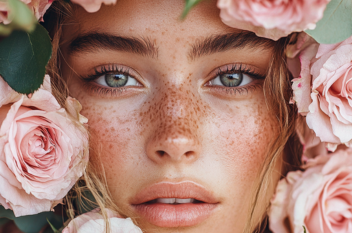





















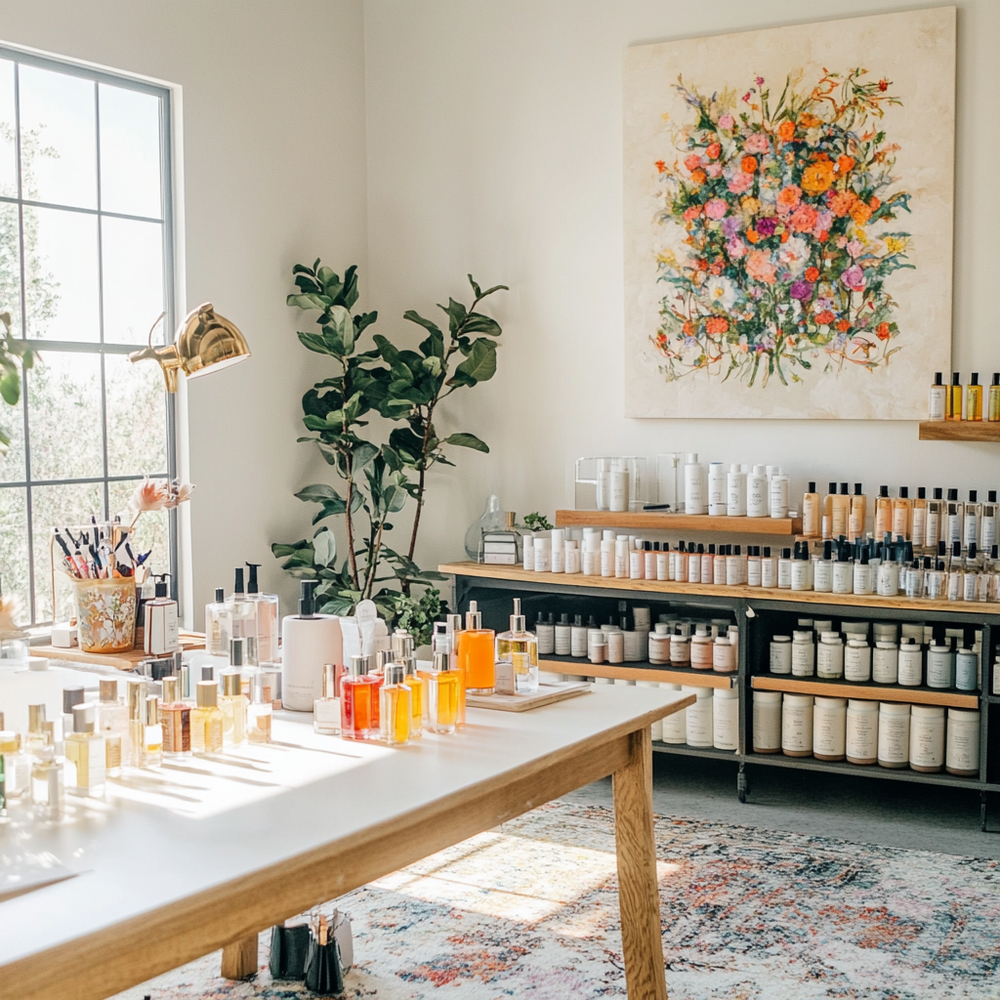



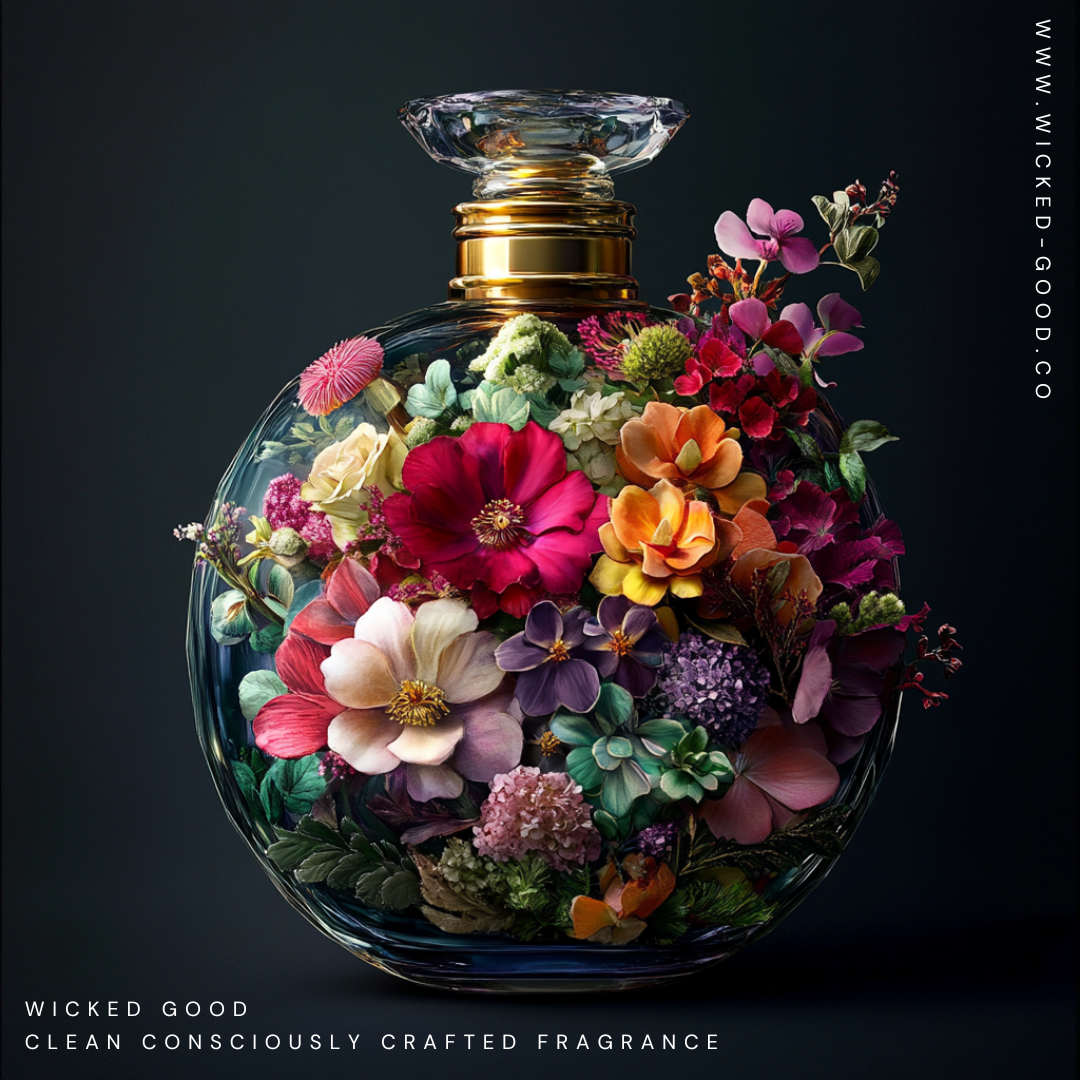
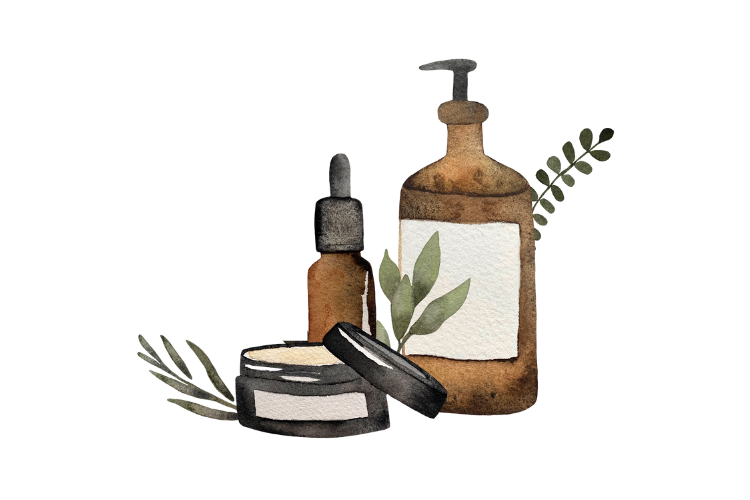

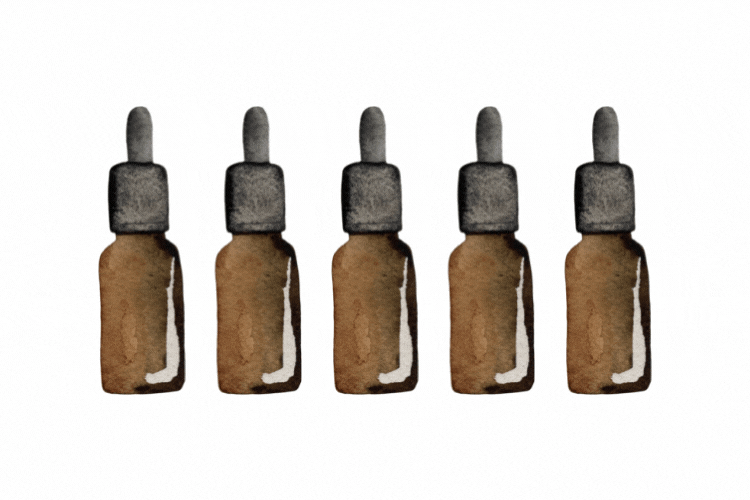
Leave a comment